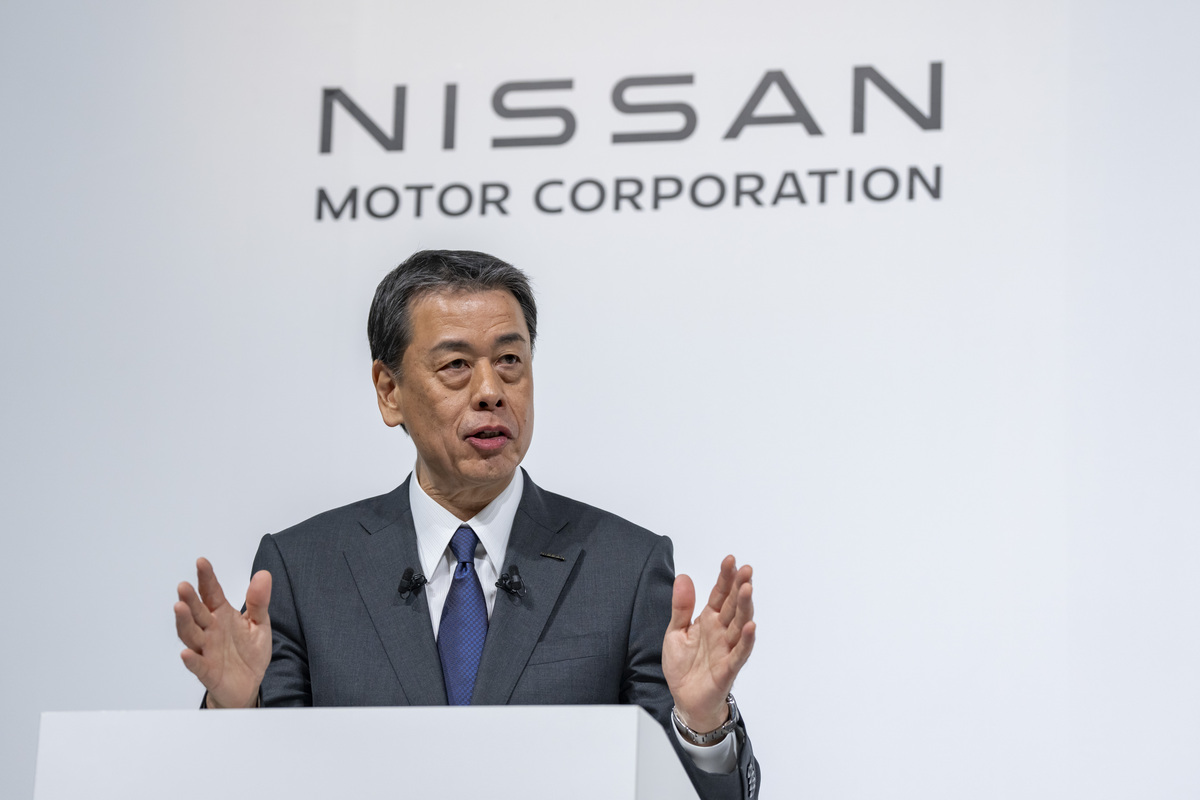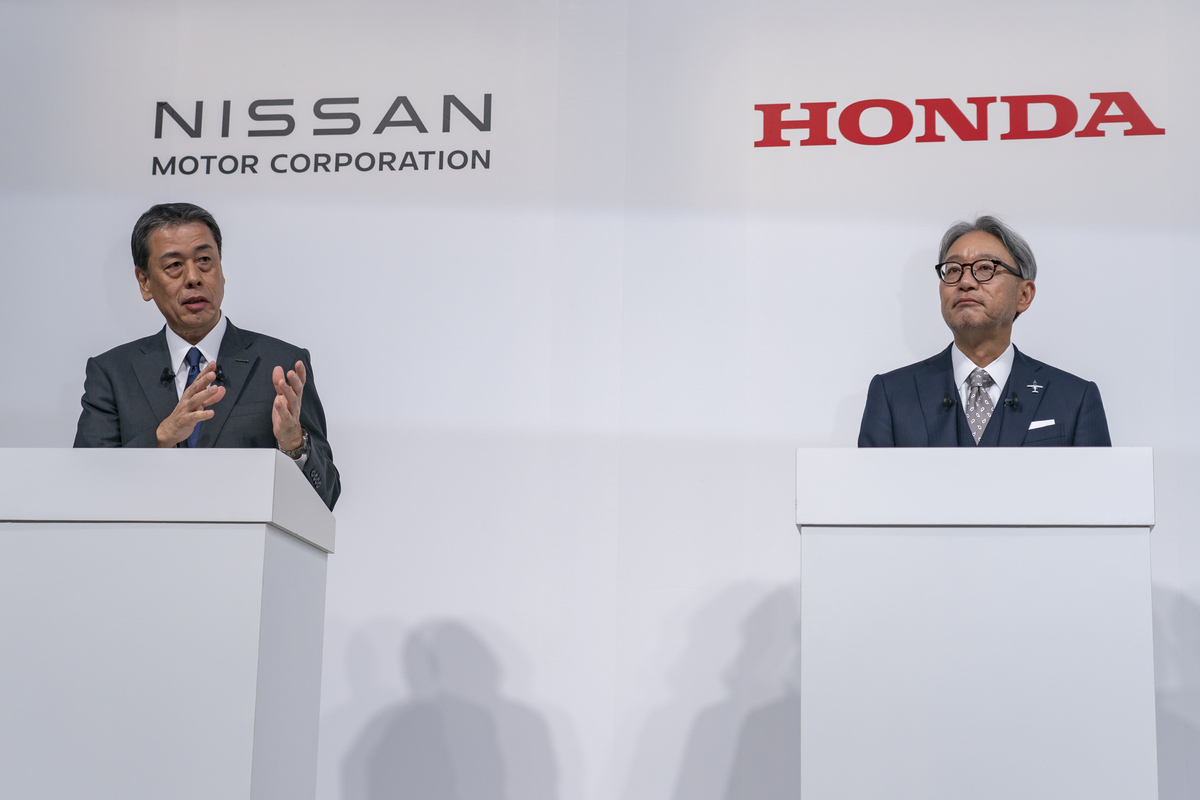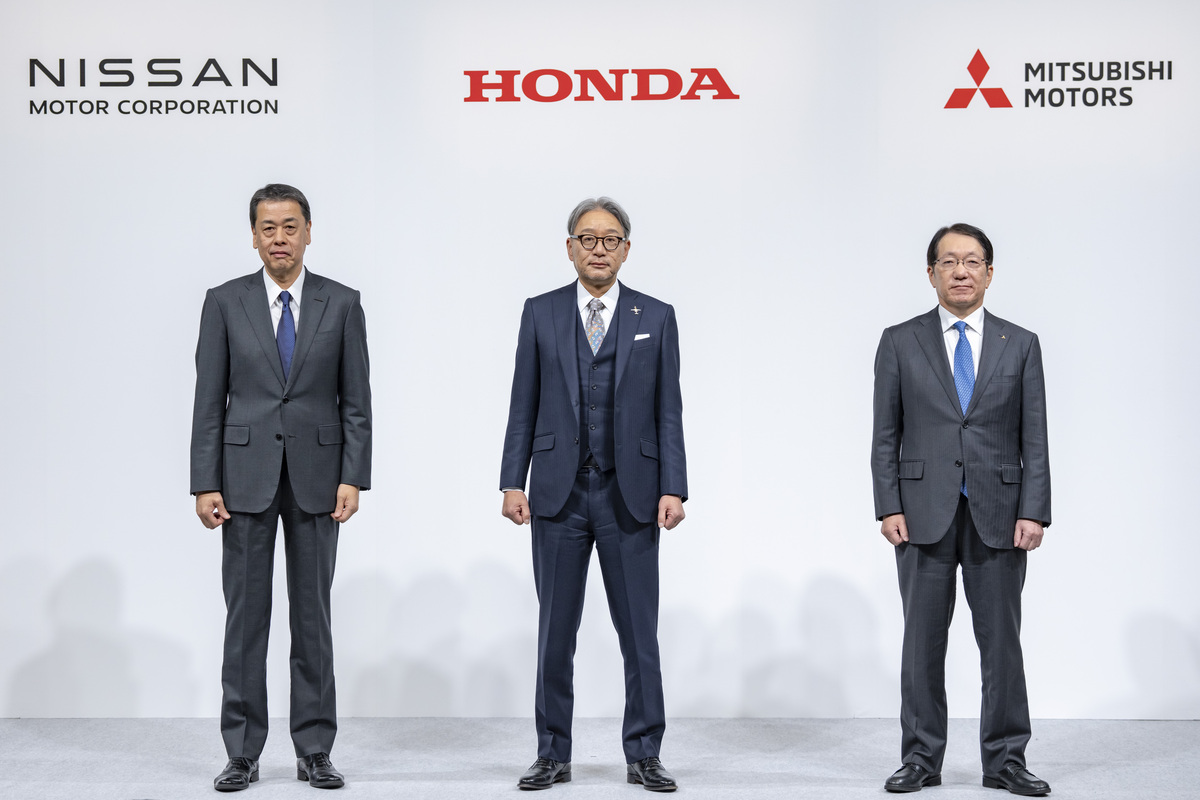Honda and Nissan may seem like unlikely bedfellows, but the two Japanese automakers have plenty in common. This includes being behind in electrification. However, with Nissan struggling to survive, it appears Honda is willing to throw Nissan a lifeline with the two companies announcing that they have signed a MOU which paves the way towards a potential merger between the two companies.
Nissan and Honda, A Perfect Match or The Merger From Hell?

The two companies (three if you count Nissan’s partner Mitsubishi) announced plans to merge into a combined company that would be the number three largest automaker in the world with the combined entity only being behind Volkswagen and Toyota in global car sales. Mergers in the auto industry are nothing new, but it’s rare when a merger occurs that could potentially reshape the automotive landscape with the last such merger taking place in 1998 when Chrysler and Mercedes-Benz entered a merger that later became DaimlerChrysler. That marriage ended in bad blood between the two which saw Chrysler nearly go bankrupt several years later, but Honda and Nissan think that their merger will buck the trend.
For Honda, the merger will allow it to combine resources with another automaker as the company continues its efforts to pursue electrification, with the Japanese auto giant already making strong progress in making its next-generation lineup of EVs but making those vehicles is expensive and Honda needs to be able to absorb the costs for materials, development, and other items.
As for Nissan, the merger will be a proverbial lifeline with the company suffering from sliding profits, and the outright collapse of its alliance with Renault. Nissan is also behind the eight ball when it comes to EVs with the only two it has out being the compact Nissan Leaf and the Ariya which is being left in the dust by other EV entries in multiple categories. Honda is expected to be the lead company in the merger with Nissan and smaller firm Mitsubishi being seen as followers. Nissan also sees the merger as the proverbial spark in its efforts to solve some of its problems with profits in six months ending in September plunging 94% when compared with the same period in 2023, as the company lost money on auto operations and reported only a narrow profit due to its financing business. In response, Nissan announced it would cut its manufacturing output by 20%, laying off 9,000 workers as a result. It also slashed its forecast for full-year operating profit by 70%.
Today marks a pivotal moment,” Nissan CEO Makoto Uchida said in a statement announcing the negotiations. “Together, we can create a unique way for (customers) to enjoy cars that neither company could achieve alone.”
Could other mergers be planned?

The potential merger between Honda and Nissan could open the door to more mergers as automakers realize the full reality of offering EVs and other green vehicles in a rapidly changing automotive market. Some automakers have entered into partnerships for vehicles and other projects in recent years, but a formal merger opens up more avenues for cooperation and this enhanced cooperation often comes with easier access to cash which is always needed when developing new vehicles and some of the technologies that are often bundled into them.
This includes rapidly advancing driver assistance features with self-driving technology still being firmly on the minds of many automakers. Like EV tech, the components and the development needed to make all of this operate in an efficient manner is expensive and might be too much for the pocketbook of one single automaker unless they spread out the costs and either enter a partnership or a merger to help weather the costs and create technologies that will benefit customers all over the world.

Carl Malek has been an automotive journalist for over 10 years. First starting out as a freelance photographer before making the transition to writing during college, his work has appeared on numerous automotive forums as well as websites such as Autoshopper.com.
Carl is also a big fan of British vehicles with the bulk of his devotion going to the Morgan Motor Company as well as offerings from Lotus, MG, and Caterham. When he is not writing about automobiles, Carl enjoys spending time with his family and friends in the Metro Detroit area, as well as spending time with his adorable pets.

